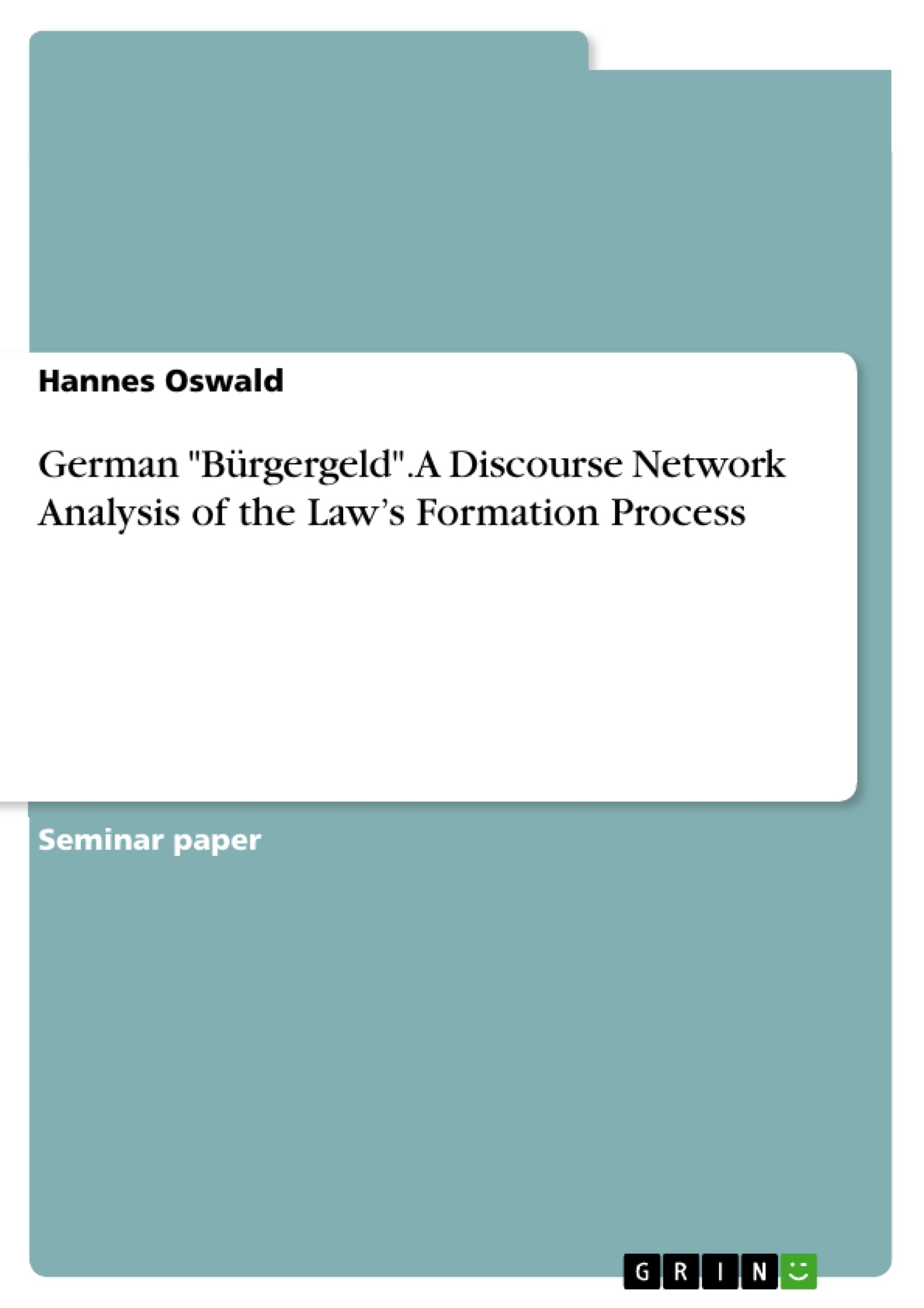This paper examines the political discourse surrounding the recently adopted reform of the German welfare state, namely the new unemployment benefit "Bürgergeld". The Citizens’ Income, which repealed the unpopular early 2000s labor law, also known as "Hartz-IV", was stipulated by the Social-Democrat led “Traffic Light” government coalition in November 2021. Approximately one year later, after negotiations with the Federal Council of Germany (Bundesrat), the new unemployment policy was passed. Although the conservative Christian Democrats (CDU/CSU) initially blocked the social program at the state level, they later agreed to its passage under toned down conditions. It is remarkable that, despite a weaker policy than the one originally proposed, there was a change of policy in favor of expanding the welfare state, while the Corona, Ukraine and inflation crises are depleting the state coffers.
In this paper, I analyze in detail the process by which the Citizen's Income came into being and show at the discursive level how the involved political actors formulated their arguments and built coalitions to achieve a favorable outcome. For this purpose, I use an innovative approach. The Discourse Network Analysis. By systematically extracting actors and statements from 60 articles in the German newspaper "Süddeutsche Zeitung", and by subsequently illustrating the competing arguments and discourse networks, I portray how political parties and ministers as well as civil society actors and associations position themselves in the public discourse.
German "Bürgergeld". A Discourse Network Analysis of the Law’s Formation Process

Term Paper , 2023 , 11 Pages , Grade: 1,0
Autor:in: Hannes Oswald (Author)
Politics - Political Systems - Germany
Excerpt & Details Look inside the ebook

